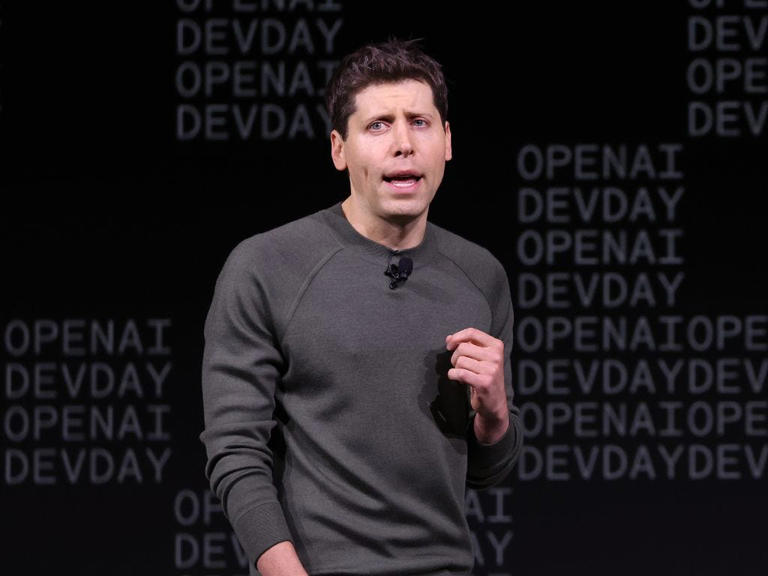The potential restructuring of OpenAI under the leadership of CEO Sam Altman represents a pivotal moment for the organization and the field of artificial intelligence (AI) as a whole. Altman’s contemplation of transforming OpenAI from its current “capped-profit” model into a conventional for-profit company signals a significant departure from its original nonprofit status and poses profound implications for the future direction of the organization.
At its core, OpenAI was founded with the ambitious goal of developing artificial general intelligence (AGI) that is both safe and beneficial for humanity. This mission has guided the organization’s research and development efforts, leading to groundbreaking advancements in AI technology, including the creation of sophisticated language models like ChatGPT. However, the transition from nonprofit to for-profit status raises questions about how OpenAI will balance its commercial interests with its broader societal objectives.
The current “capped-profit” model, which involves a hybrid structure governed by both for-profit and nonprofit entities, was implemented to strike a balance between generating revenue and serving the organization’s mission. By allowing OpenAI to raise capital while still retaining a focus on societal benefit, this model sought to address the challenges of funding long-term, high-risk research in AI. However, Altman’s consideration of a more conventional for-profit structure suggests a reevaluation of this approach.
The potential restructuring comes at a time of heightened scrutiny and debate surrounding the ethical and social implications of AI technology. Issues such as algorithmic bias, data privacy, and the impact of AI on the labor market have sparked concerns among policymakers, researchers, and the public. Altman’s leadership in navigating these complex challenges will be closely watched, particularly as OpenAI seeks to commercialize its AI products and services.
Furthermore, Altman’s tenure as CEO has not been without controversy. Allegations of poor communication, lack of transparency, and conflicts of interest raised by former board members have cast a shadow over his leadership. These concerns underscore the importance of accountability and governance within organizations like OpenAI, especially given the significant influence they wield in shaping the future of AI.
In response to these challenges, OpenAI has reaffirmed its commitment to its mission of ensuring that AGI benefits all of humanity. However, the organization faces the daunting task of balancing commercial interests with ethical considerations and societal impact. The outcome of Altman’s deliberations on restructuring will undoubtedly shape the trajectory of OpenAI and the broader AI landscape for years to come.

